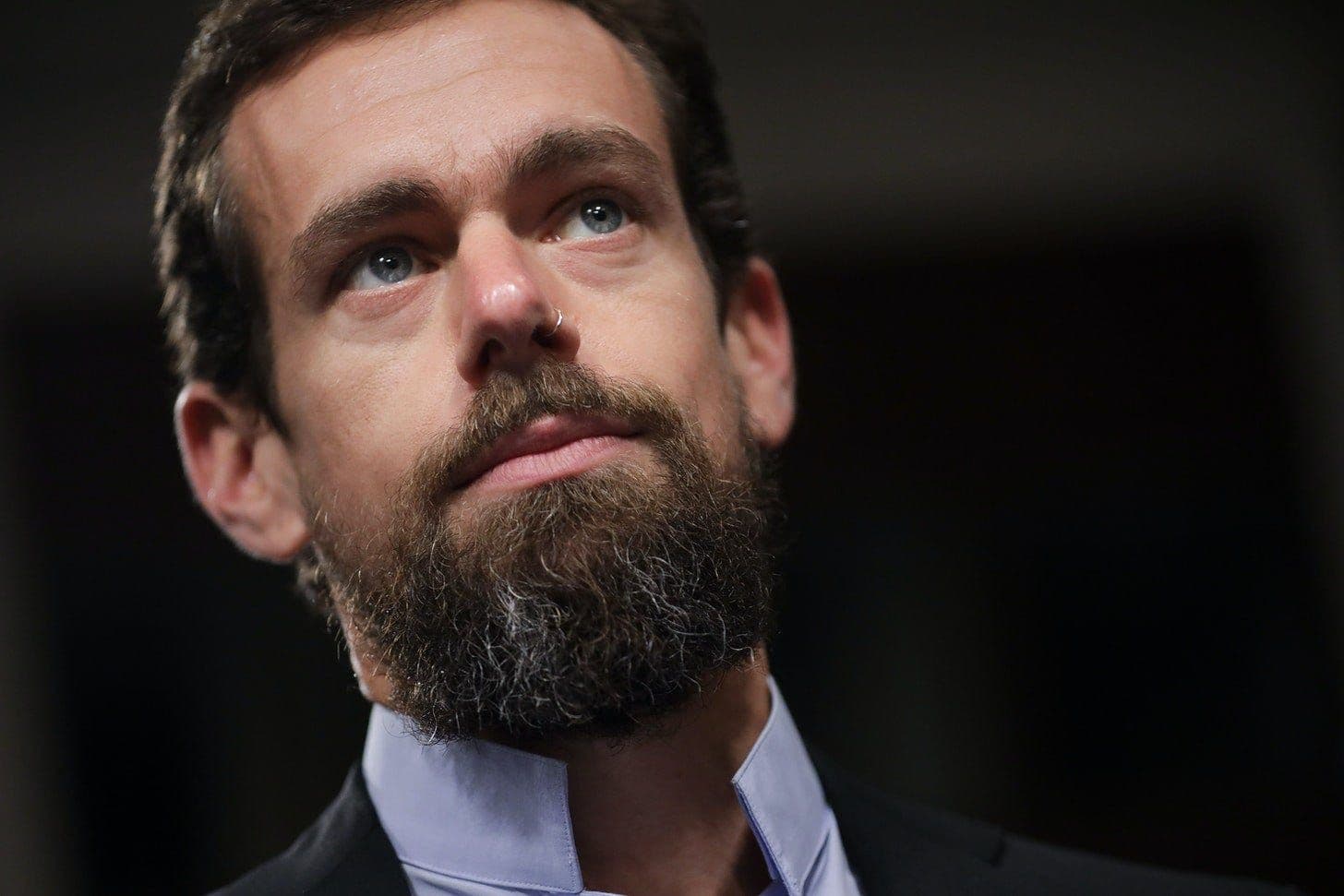
Polymarket v. Kalshi: A Complete Timeline of The Prediction Market Meme WarsFeb 6
this week, two leading betting platforms upped the ante in their blood feud by surprising broke new yorkers with free groceries. how did we get here?
Dec 3, 2021

This week Jack Dorsey resigned from Twitter, and I shared my thoughts over at Bari Weiss’ Common Sense. I’m a great fan of Bari’s, and link to her work often. If you’re not already subscribing I highly recommend checking her stuff out now.
I’m reposting my piece on Jack’s resignation, and what I think it means moving forward, here at Pirate Wires. If you’ve already read the piece, go ahead and jump to the bottom of the wire for this week’s link library, including a Fox News spot I did, and my interview with Congressman Dan Crenshaw on tech policy, Washington’s budding free speech war, and the future of the American city.
-Solana